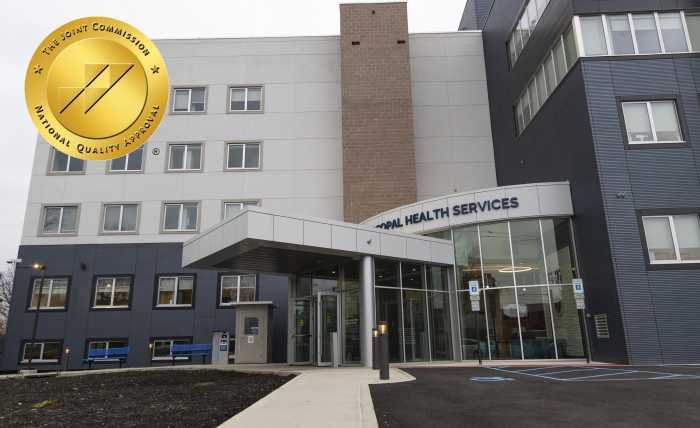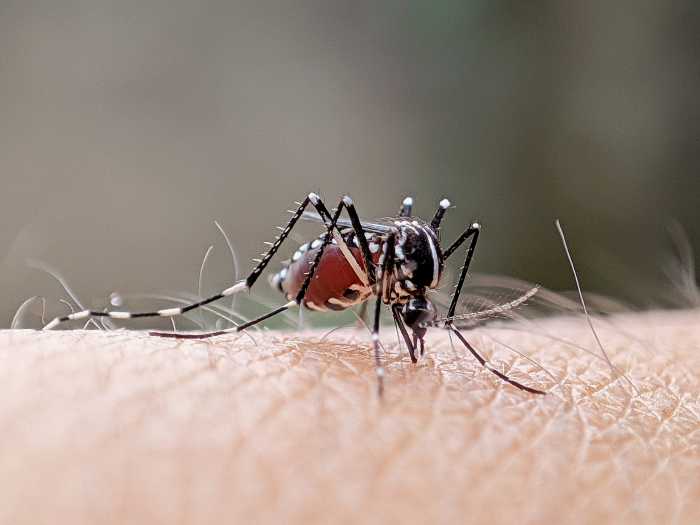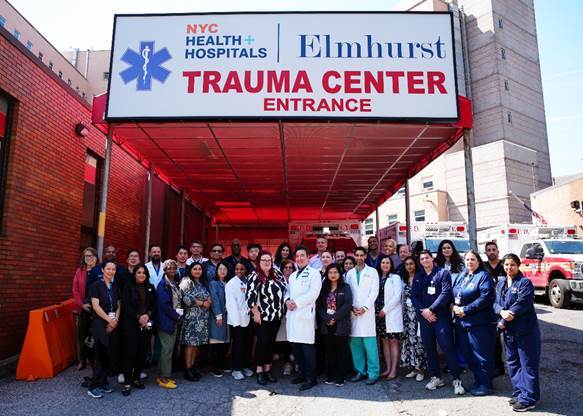As devastating as a cancer diagnosis is, many can expect to survive and live longer than ever before. Advances in technology and science continue to offer new treatments and hope.
In prior years, a breast cancer diagnosis with the HER2 type tissue marker was a dismal situation. Thanks to evolving diagnostic tools and targeted therapies, many are surviving with relatively normal life spans. It is not unusual to sit down next to someone and find out that they are surviving cancer or that had cancer six months to ten years ago.
With more people surviving cancer, we now have a new breed of patients. Studies show that an estimated four percent of the U.S. population is cancer survivors. This paradigm shift presents a whole new set of issues that accompany survivorship.
Facing cancer changes a person’s life as well as their loved ones’ lives forever and rehabilitation back to prior normal roles and healthier living options are often challenging. The survivor often experiences social changes to their roles, hormonal shifts, depression, sexual dysfunction, hair loss and more.
These changes may lead to poor food choices, lack of physical activity and weight gain.
Cancer survivors and advocacy groups often aggressively seek pathways to avoid disease recurrence. One way of defense is increasing overall fitness. Often the thought of exercise is considered painful and thus neglected. Recent trials have concluded the importance of a fitness plan as part of the plan for cancer recovery. Levels of fitness from high to low are correlated with disease recurrence and survival. Many cancer survivors die from co-morbid diseases such as diabetes and heart disease rather than a cancer recurrence.
The medical community is still distant from mainstreaming a clear fitness and nutritional plan. Evidence-based correlations are now published in well-respected peer review journals. The American Dietetic Association (ADA) has just released guidelines for oncologists in efforts to assist the medical team to make clearer nutritional recommendations.
Authorities like the American Cancer Society and the American College of Sports Medicine have clear recommendations for guidance in implementing a fitness plan. Certifications for oncology specialization require fitness experts to have additional education regarding the specific needs of cancer patients.
Exercise and overall fitness is undoubtedly the most overlooked cancer therapy and the best way to influence a positive recovery. The benefits are undeniable and help many patients with the side effects of treatments and have been shown to help patients complete their courses of therapy.
Amy Solan M.D. at Nassau Radiologic Group (NRAD) has made this a priority for her patients and the community by reaching out to me – a veteran oncology nurse as well as a trained Zumba instructor and ACSM certified cancer exercise trainer – to initiate a plan for a wellness center.
The plan will provide oncology specialized massage therapists, restorative yoga practitioners, nutritionists and certified cancer exercise trainers that can safely implement an effective plan specifically for the cancer patient/survivor .The plan is to establish an overall fitness program that will be offered to cancer survivors and patients on maintenance therapies.
Authorities claim that the average rate of drop-out from a fitness plan is six weeks. Finding a program that is exciting and fun can help the well-intended participant stick with it.
Many of my students claim that the dance fitness program that I conduct has saved their lives.
“It is a true body, mind and spirit connection and it’s really fun. Specific needs such as neuropathies and lymphadema are considered and modifications can be made to accommodate. Even if you are in a wheelchair, you can dance or train to increase fitness levels. Finding something you look forward to will motivate you and help you stick with your plan. You’re over it, so let’s go!”
For more information, visit www.fitnesspcancer.com.
Beth Lauren Levine RN OCN is an ACSM certified health fitness instructor and cancer exercise trainer.



































